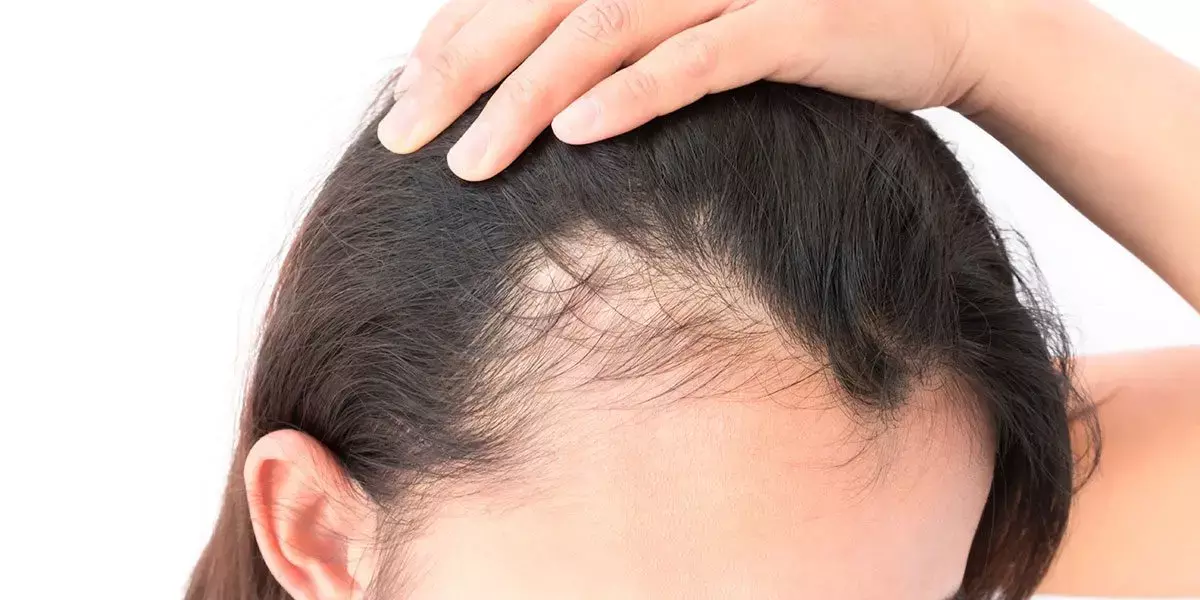- Home
- Medical news & Guidelines
- Anesthesiology
- Cardiology and CTVS
- Critical Care
- Dentistry
- Dermatology
- Diabetes and Endocrinology
- ENT
- Gastroenterology
- Medicine
- Nephrology
- Neurology
- Obstretics-Gynaecology
- Oncology
- Ophthalmology
- Orthopaedics
- Pediatrics-Neonatology
- Psychiatry
- Pulmonology
- Radiology
- Surgery
- Urology
- Laboratory Medicine
- Diet
- Nursing
- Paramedical
- Physiotherapy
- Health news
- Fact Check
- Bone Health Fact Check
- Brain Health Fact Check
- Cancer Related Fact Check
- Child Care Fact Check
- Dental and oral health fact check
- Diabetes and metabolic health fact check
- Diet and Nutrition Fact Check
- Eye and ENT Care Fact Check
- Fitness fact check
- Gut health fact check
- Heart health fact check
- Kidney health fact check
- Medical education fact check
- Men's health fact check
- Respiratory fact check
- Skin and hair care fact check
- Vaccine and Immunization fact check
- Women's health fact check
- AYUSH
- State News
- Andaman and Nicobar Islands
- Andhra Pradesh
- Arunachal Pradesh
- Assam
- Bihar
- Chandigarh
- Chattisgarh
- Dadra and Nagar Haveli
- Daman and Diu
- Delhi
- Goa
- Gujarat
- Haryana
- Himachal Pradesh
- Jammu & Kashmir
- Jharkhand
- Karnataka
- Kerala
- Ladakh
- Lakshadweep
- Madhya Pradesh
- Maharashtra
- Manipur
- Meghalaya
- Mizoram
- Nagaland
- Odisha
- Puducherry
- Punjab
- Rajasthan
- Sikkim
- Tamil Nadu
- Telangana
- Tripura
- Uttar Pradesh
- Uttrakhand
- West Bengal
- Medical Education
- Industry
Androgenic alopecia patients at increased risk of developing metabolic syndrome

Patients with androgenic alopecia (AGA) have an increased risk of developing metabolic syndrome, according to a recent study published in the Acta Dermato-Venereologica.
The association of androgenetic alopecia with metabolic syndrome has been investigated in several studies, with conflicting results.
Researchers conducted a meta-analysis to quantitatively evaluate the risk grade of metabolic syndrome and the metabolic profile in patients with androgenetic alopecia compared with controls. In total, 19 articles (2,531 participants) satisfied the inclusion criteria.
The pooled odds ratio for the prevalence rate of metabolic syndrome between the group with androgenetic alopecia and controls was 3.46 (95% CI 2.38–5.05; p < 0.001). Female sex, early-onset, and African ethnicity were associated with an increased risk of metabolic syndrome.
Furthermore, patients with androgenetic alopecia had significantly poorer metabolic profiles, such as body mass index, waist circumference, fasting glucose, blood lipids, and blood pressure.
It is important for physicians to screen metabolism-related indicators in patients with androgenetic alopecia. More rigorously designed studies and larger sample sizes are required in future studies.
The results of the study are:
This systematic review and meta-analysis found that compared with controls, patients with androgenic alopecia (AGA) had 3.46 times the risk of developing metabolic syndrome, and AGA patients with metabolic syndrome had worse metabolic profiles. Younger age of onset, female sex, and African ancestry was associated with higher odds of developing metabolic syndrome.
Thus, the study concludes that patients with AGA have an increased risk of developing metabolic syndrome, and appropriate counselling and screening may be warranted.
Reference:
Systematic Review and Meta-analysis of the Association Between Metabolic Syndrome and Androgenetic Alopecia by Yueqi Qiu et. al published in the Acta Dermato-Venereologica
DOI: https://doi.org/10.2340/actadv.v101.1012
Keywords:
Patients, AGA, increased risk, developing, metabolic syndrome, Acta Dermato-Venereologica, Yueqi Qiu, Xingyu Zhou, Siqi Fu, Shuaihantian Luo, Yaping Li
Dr. Shravani Dali has completed her BDS from Pravara institute of medical sciences, loni. Following which she extensively worked in the healthcare sector for 2+ years. She has been actively involved in writing blogs in field of health and wellness. Currently she is pursuing her Masters of public health-health administration from Tata institute of social sciences. She can be contacted at editorial@medicaldialogues.in.
Dr Kamal Kant Kohli-MBBS, DTCD- a chest specialist with more than 30 years of practice and a flair for writing clinical articles, Dr Kamal Kant Kohli joined Medical Dialogues as a Chief Editor of Medical News. Besides writing articles, as an editor, he proofreads and verifies all the medical content published on Medical Dialogues including those coming from journals, studies,medical conferences,guidelines etc. Email: drkohli@medicaldialogues.in. Contact no. 011-43720751


